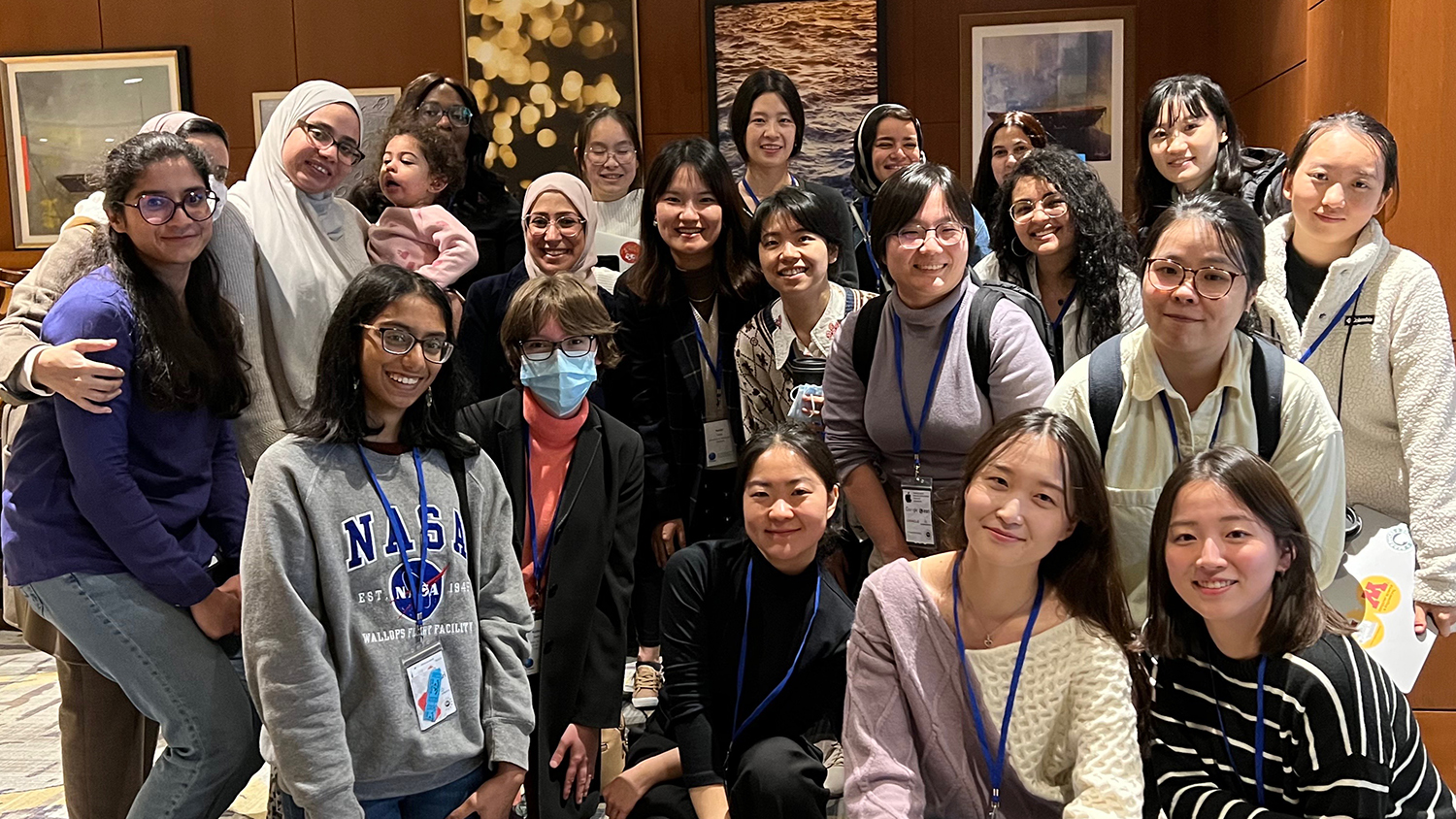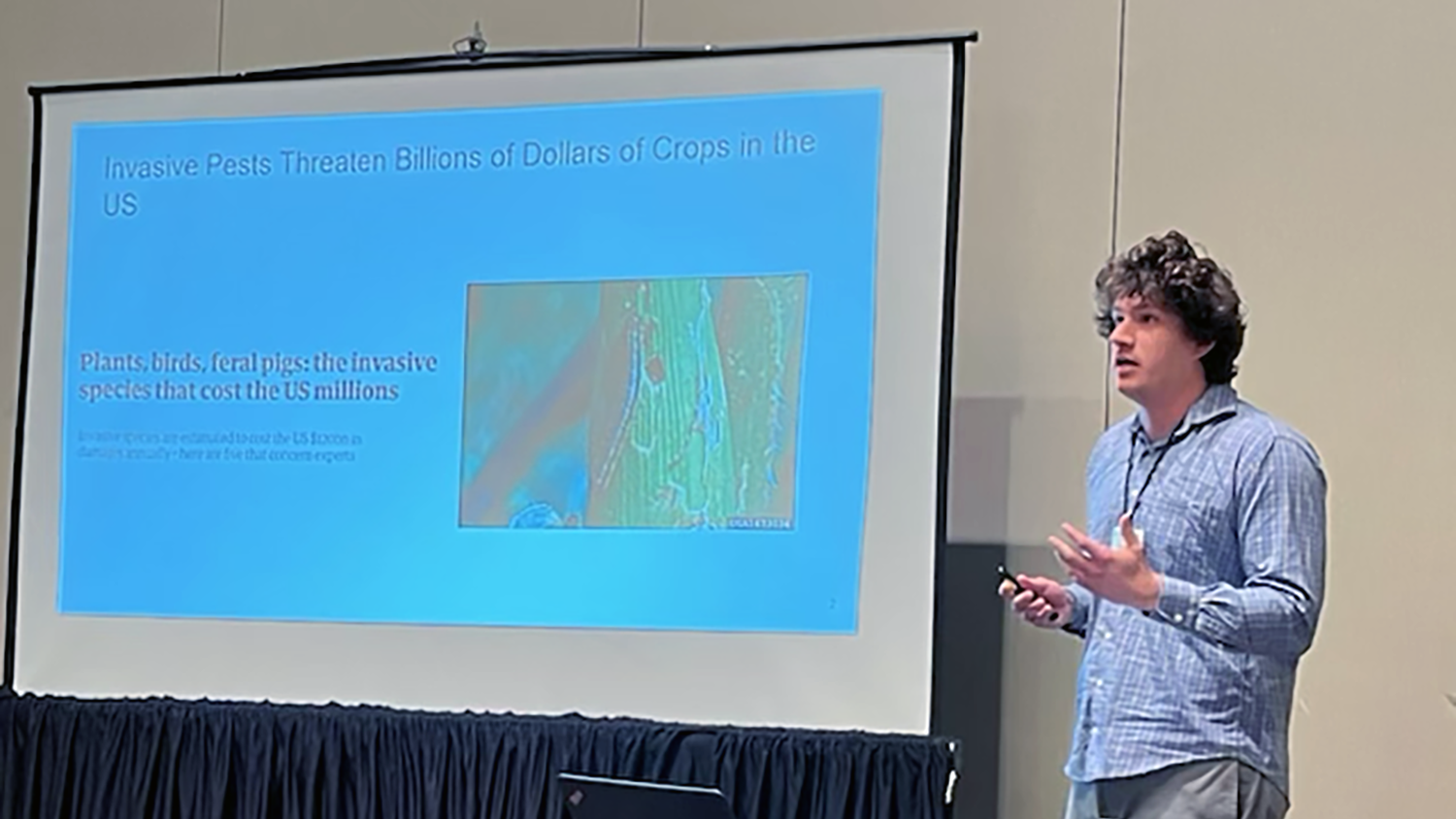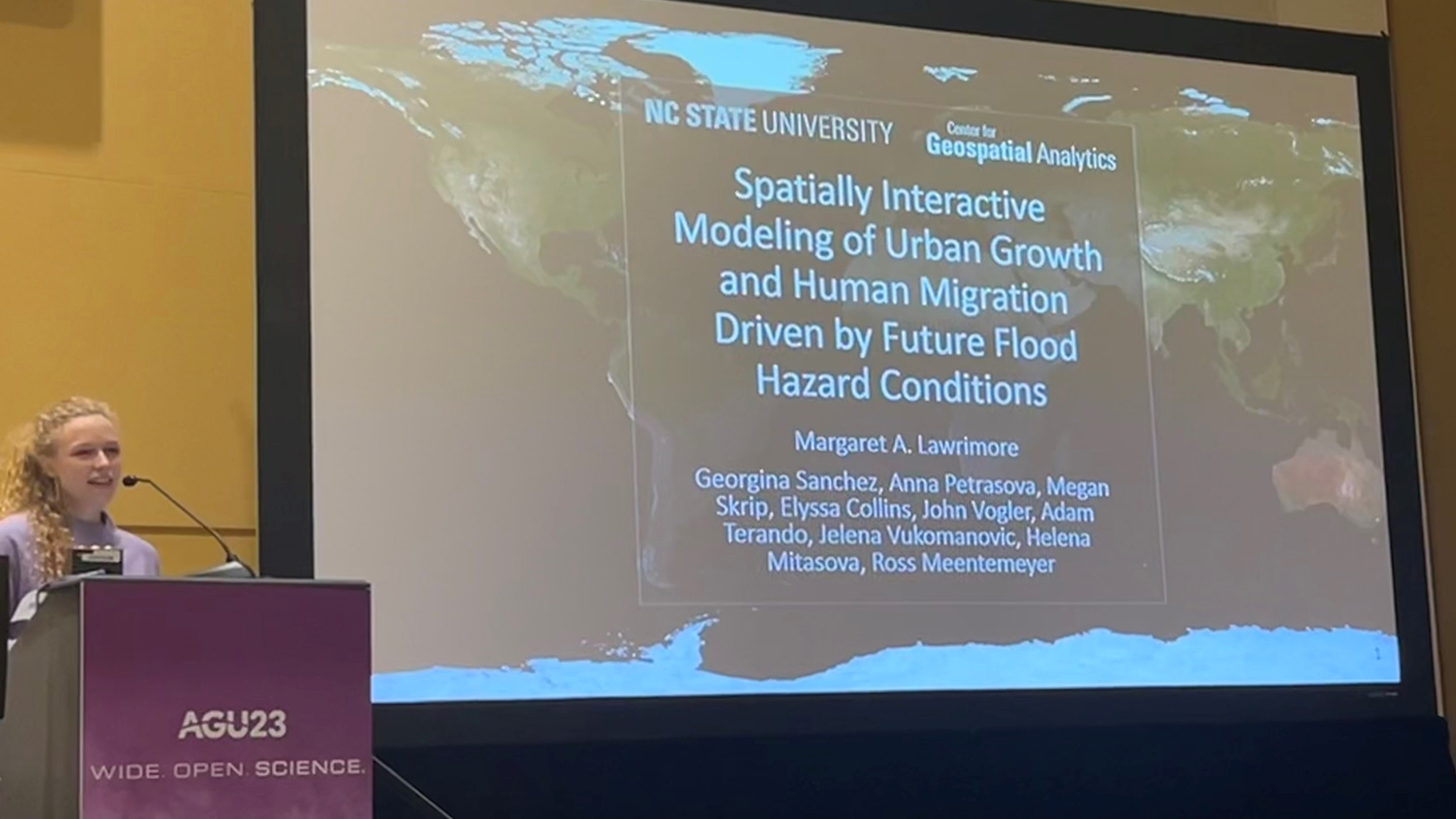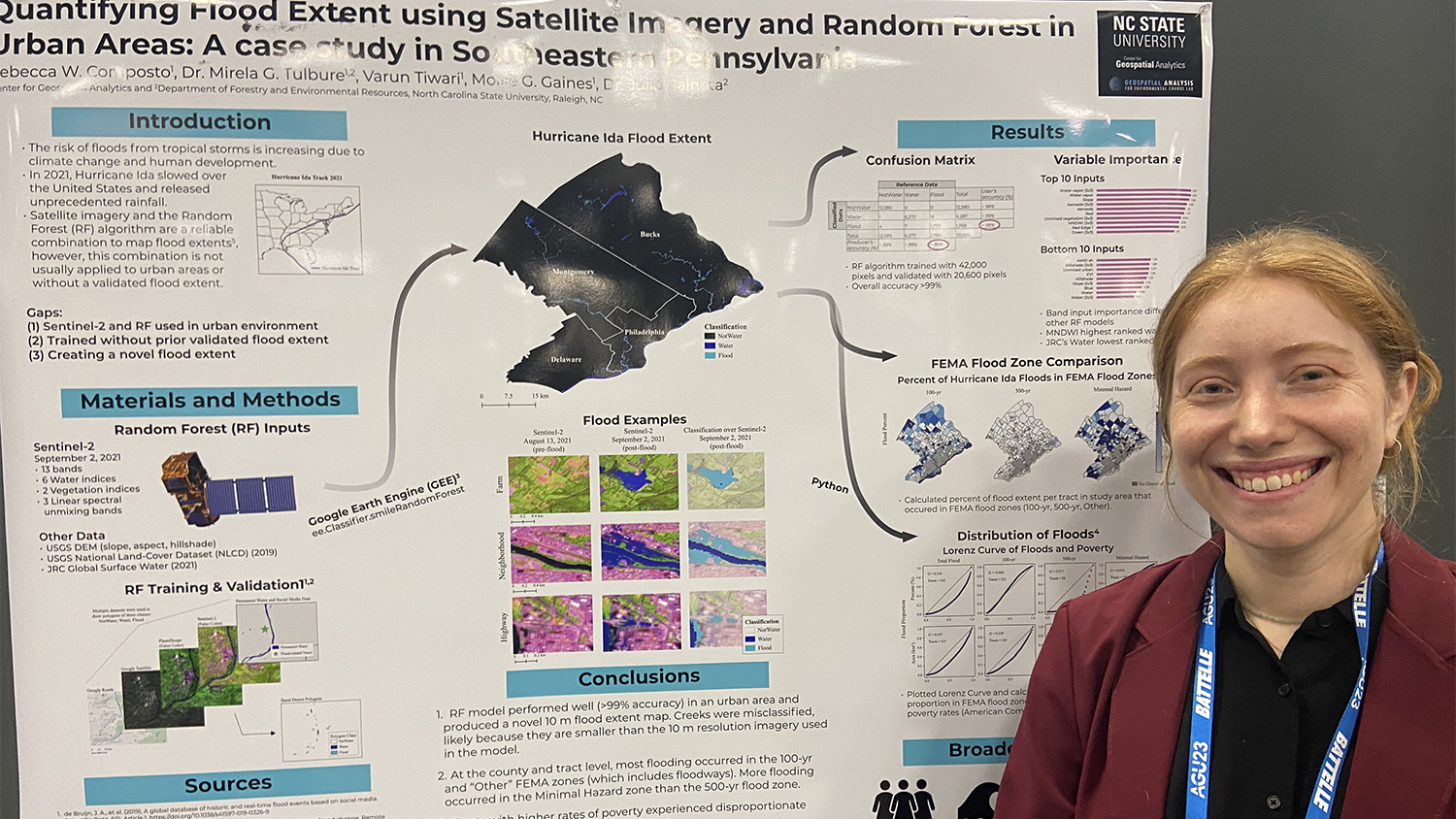New Beginnings at ACM SIGSPATIAL 2022

Editor’s note: Each semester, students in the Geospatial Analytics Ph.D. program can apply for a Geospatial Analytics Travel Award that supports research travel or presentations at conferences. The following is a guest post by travel award winner Uchenna Osia as part of the Student Travel series.
The Association for Computing Machinery (ACM) SIGSPATIAL International Conference on Advances in Geographic Information Systems addresses issues related to the acquisition, management and processing of spatially related information with a focus on algorithmic, geometric and visual considerations. The scope includes, but is not limited to, geographic information systems (GIS). This conference was my first in the field and has been on my radar for some time. It lived up to my expectations. I was privileged enough to attend the ACM SIGSPATIAL Conference in Seattle, WA this past November with support from the conference and the Center for Geospatial Analytics. Attending this conference opened doors for new knowledge and collaboration. Our institution values research partnerships and due to this experience, I connected with fellow attendees that I hope to collaborate with in the future.
I recently started a new research project to design and create an inclusive web platform to facilitate disaster recovery. I was most excited to attend the workshops, as there were many with the potential to be pivotal resources for my research. A few that I thought would be incredibly helpful were: 10th ACM SIGSPATIAL International Workshop on Analytics for Big Geospatial Data (BigSpatial 2022), 6th ACM SIGSPATIAL International Workshop on Geospatial Humanities (GeoHumanities 2022) and 6th ACM SIGSPATIAL Workshop on Location-based Recommendations, Geosocial Networks and Geoadvertising (LocalRec 2022). Unfortunately, due to unforeseen travel issues, I was unable to attend the workshop that I registered for in person, but I was still able to attend a portion of the Geohumanities workshop on Zoom. The portion I could attend was incredibly informative and related to the challenges and opportunities of a multidisciplinary approach to GIScience and Humanities. The conversation resonated with the experience that I had while starting my inclusive disaster recovery research project. The speakers showed different projects that combined mediums, such as ways to use both images and tables, in a way I never thought to. I am excited to put these lessons into practice.
This conference inspired me to further my research so that I can coherently and confidently communicate it. I will continue developing my research project and hope to attend the conference next year and share the progress I made. After attending this conference, I know there is a space for my work and that it is important. There were so many papers detailing new methods that I hope to be able to use in my research, such as points of interest (POI) aggregation, spatial AI (artificial intelligence) bias mitigation, useful ways to apply unsupervised machine learning techniques such as agglomerative clustering and many more.
I was able to engage with other researchers doing similar work and witness how they approach difficult topics (e.g., climate change, infrastructure changes and bias) and see the breadth of work currently happening in the field. Although the diversity at the conference was severely lacking I still had the chance to speak with people who are farther along in their careers and receive advice. Despite this, it was still a welcoming environment and I would attend again if given the chance.
One of the many highlights of the conference was meeting with SpatialW, which is a group of women graduate students at the conference. This year was their first networking event. We had some time together to connect and share our experiences. I hope to be able to connect with everyone again at next year’s conference and in the meantime.
- Categories:


